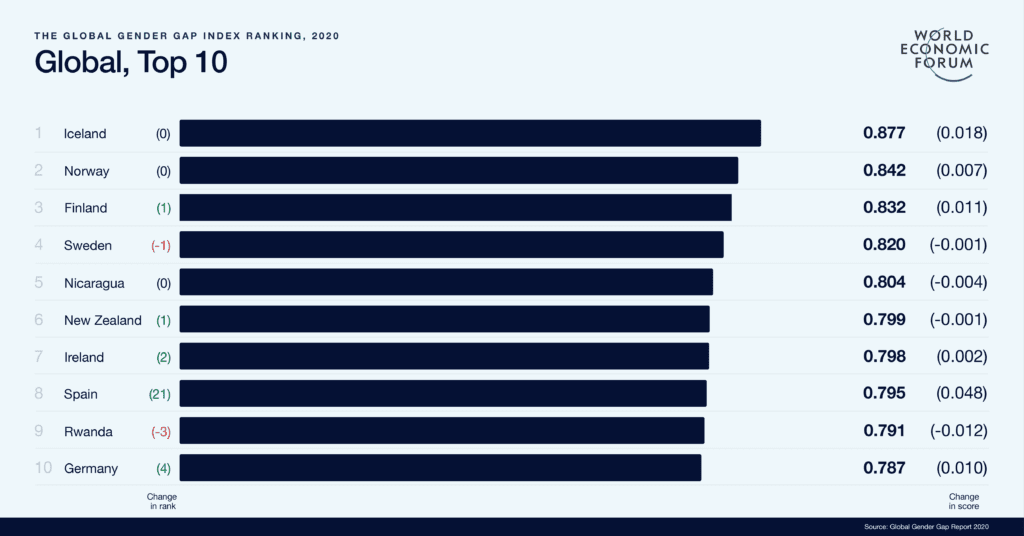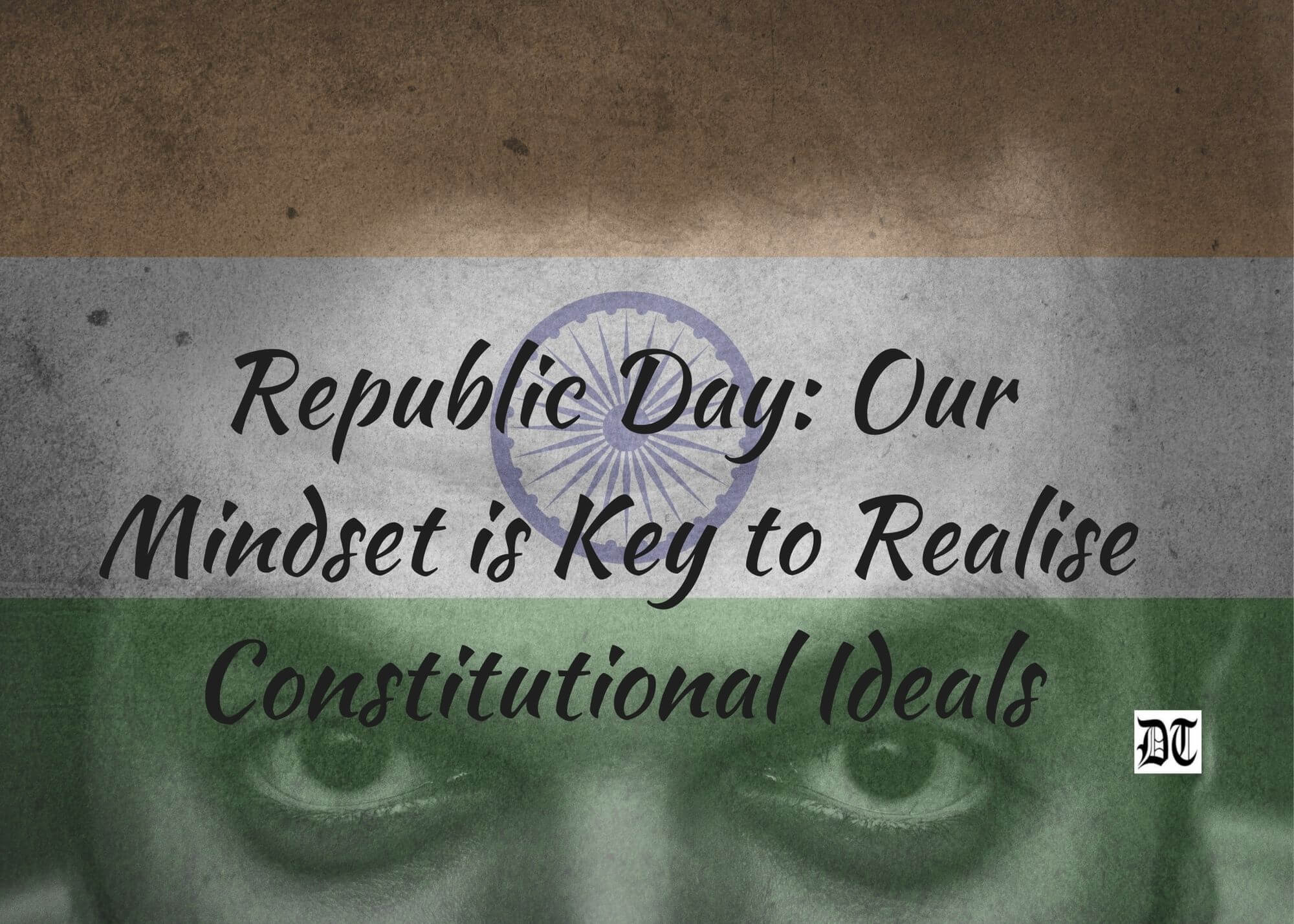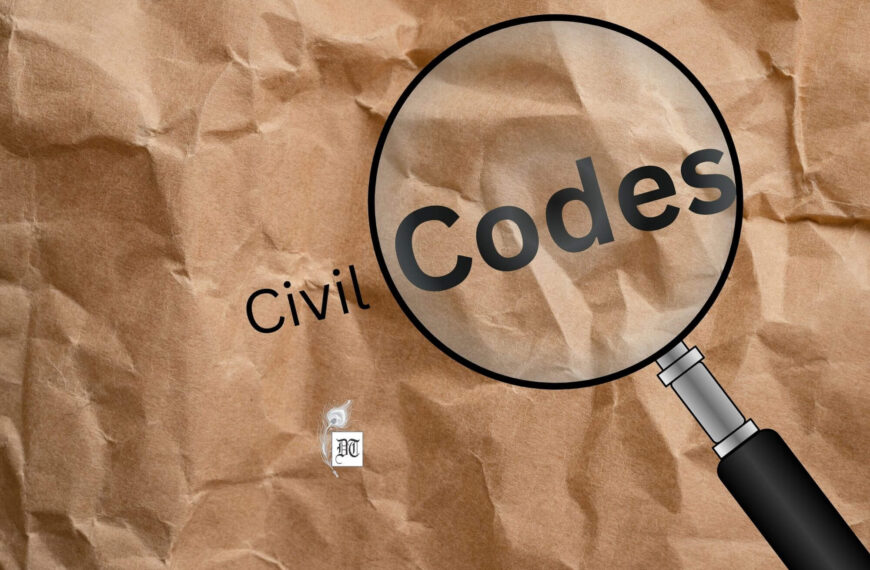Even after seven decades of framing our Constitution, the plight of women continues to be grossly deplorable, argues Ram Krishna. A Special Feature of the Republic Day, exclusively for Different Truths.
Speaking about our Constitution, its Chief Architect Dr. B.R. Ambedkar had once opined that if things would go wrong under our new Constitution, “the reason will not be that we had a bad Constitution, what we will have to say is that Man was vile.”
How prophetic his words were! Even after seven decades of framing of our Constitution, we are witness to the various kinds of vileness manifested in retrograde mindsets that mocks at our Constitutional ideals of liberty, equality, and justice.
But nowhere our mentality is more atrocious than on the issues relating to our women.
As deep-seated cankers, these pernicious attitudes are posing serious obstacles to our socio-economic, cultural, and moral progress. Prejudice against colour and race, negative outlook on different sexual orientations, meta-preference for sons is some of the awful ones. But nowhere our mentality is more atrocious than on the issues relating to our women.
Here two unique yet distressing patterns in our society would show how deeply ingrained our misogynistic and patriarchal mindsets manifest themselves as curse for Indian women.
Women in India: An Ownership Conundrum!
At home, a girl is under the umbrella of her family – a small community consisting of parents, brothers, grandparents. Outside home, there are other stakeholders too who stake claims on her life: Khap Panchayats, politicians, religious leaders, vigilante groups. She is seen by such communities as a passive, inert property on which claims must be made to ensure sustenance of patriarchy, misogyny, and perverse male entitlements. Be it Triple Talaq, Temple Entry or Love Jihad, these communities have identified and demarcated their gender groups for laying claim of belongingness.
In this battle for absolute control of women’s life, it is presumed that a woman doesn’t and shouldn’t have agency.
In this battle for absolute control of women’s life, it is presumed that a woman doesn’t and shouldn’t have agency. She doesn’t know what is good for her. So, the communities need to protect this property called women, and lay their claim of ownership. In this scheme of things, individual ownership is clearly ruled out. Dependence of women on community is a must for her to survive and thrive.

Nowhere, arguably, violation of social contract is so blatant as in our society by way of disrobing agency to women. The community that is expected to ensure her individuality conspires to snatch the same. No surprise, for our womenfolk, a world free from prejudices, discrimination, violence, and harassment turns out to be a distant dream.
A recent WEF report says the global gender gap will take another 99 years to close. That is for global.
A recent WEF report says the global gender gap will take another 99 years to close. That is for global. Here in India, if this battle for community ownership of women’s life continues, we might have to wait for even longer.
Today, looking at the Indian women’s plight, tied down to the regressive tradition’s shackles, Rousseau, the champion of social contract, might have bemoaned, “Woman is born free, yet in India she is in chains, constructed by communities.”
Dalit Women: At the Confluence of Injustices!
The horrific rape cases in put the spotlight time and again on the rampant sexual violence faced by India’s 80 million Dalit women, who like their male counterparts, languish at the bottom of India’s rigid and harsh caste hierarchy.
The Dalit women… continue to be stalked, abused, molested, and murdered with impunity.
The Dalit women, comprising about 16% of India’s female population, continue to be stalked, abused, molested, and murdered with impunity. The stories of cruelty and medieval brutality lay bare the fact of a grossly unequal balance of power between the might of the upper caste, advantaged groups, and the State on the one hand and some of its most disadvantaged and vulnerable citizens on the other.
What makes this section of our society so unique is the “triple whammy” of economic deprivation, caste discrimination and gender bias suffered by it. This is too deadly a curse for them.
Today, looking at the plight of Dalit women standing helplessly at the confluence of injustices of poverty, caste and patriarchy, Mahatma Gandhi would have definitely told our policy and law makers, “I will give you a fresh talisman. Whenever you are in doubt, or when the self becomes too much with you, apply the following test: Recall first the face of the Poor Dalit Woman.”
Visuals by Different Truths
Inserted graph from https://www.weforum.org/reports/gender-gap-2020-report-100-years-pay-equality






 By
By
 By
By
 By
By